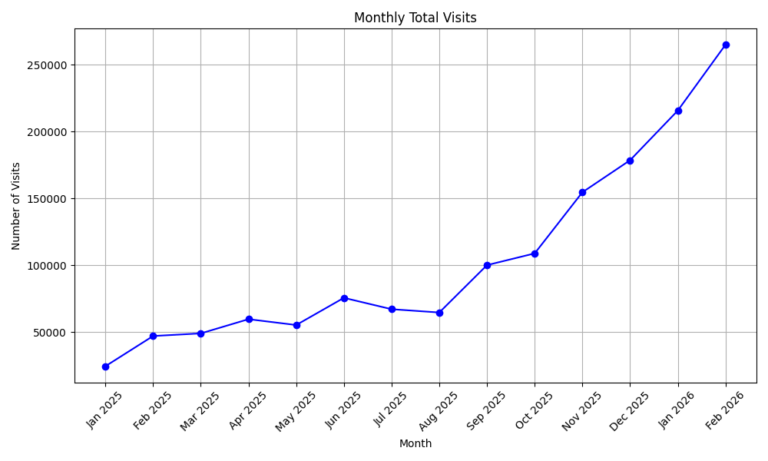
The Arts Incubator designs its own schema tools to elevate arts visibility and manage information.
How The Arts Incubator Uses Schema Markup to Boost Visibility and Build Trust
At The Arts Incubator, we’re passionate about making our work visible—not just to audiences and partners but also to the systems that power the web. One powerful way we do this is through schema markup, also known as structured data. This behind-the-scenes coding helps search engines better understand who we are, what we do, and how our work connects communities, funders, and collaborators across Canada and beyond.
What Is Schema Markup, Anyway?
Schema markup is a type of code—usually in JSON-LD format—that translates human language into machine-readable data. Instead of just telling search engines “The Arts Incubator is a nonprofit,” schema allows us to declare that fact in a way Google and others can easily verify and use.
Why Should You Care?
Search engines do more than index words; they build relationships between people, organizations, places, events, and projects. Schema markup strengthens those connections by providing clear, verified context. Here’s what that means for us:
- When we list our funders (like the Canada Council for the Arts or Manitoba Arts Council), schema formally links these organizations to us.
- When we announce new events or programs, structured data helps Google recognize their timing and relevance.
- When we highlight a youth artist, an AI experiment, or a climate entrepreneurship project, labeling it as a CreativeWork makes it easier to discover for people searching those topics.
- It also boosts our local SEO, supporting arts programming in Winnipeg, Northwestern Ontario, and rural Indigenous communities.
How We Put Schema to Work
We use schema markup in several important ways to help our website rank higher, attract the right visitors, and build trust online:
Organization Details: We clearly define The Arts Incubator as a nonprofit arts collective based in Winnipeg and Northwestern Ontario. That includes our name, mission, where we operate, our funders and partners, and keywords related to our work — everything from digital storytelling to climate entrepreneurship.
Content Markup: Every big blog post, program update, or announcement is marked as a NewsArticle or CreativeWork. This includes author info, publication dates, summaries, and keywords like SDG 13 and Indigenous media arts. This helps our stories appear in Google News, Discover, and as rich search snippets.
Images & Media: Our photos and media have descriptive alt tags and structured metadata that explain what they are, helping both accessibility and search engines.
Custom-Built Schema Tools: Unlike many organizations that use generic plugins, we’ve developed our own schema generation tools tailored to our specific needs and programming. This means:
- Full control over how our data is structured and updated
- Seamless integration with our content management system
- The ability to quickly adapt to new types of projects, like AI-driven art or climate-focused entrepreneurship
- Avoiding unnecessary plugin weight and keeping our site fast
This custom approach ensures our digital identity is precise, high-quality, and flexible.
Why This Matters More Than You Think
Many arts organizations do the basics of SEO, but few go as deep as we do with structured data. By linking funders, partners, artists, locations, and projects with detailed schema, we:
- Increase our visibility in search results
- Make our work more discoverable to communities and collaborators
- Build credibility with funders and partners who want to see clear connections online
- Help spotlight the vital community-driven arts happening in rural and northern places
Schema markup is a small but mighty tool — part of how we practice digital stewardship, ensuring that our work stays visible and trusted in a crowded online world. At The Arts Incubator, we’re committed not only to using these tools ourselves but also to sharing our knowledge and supporting other artists, organizations, and communities in harnessing schema markup to amplify their own digital presence and impact.





